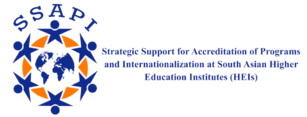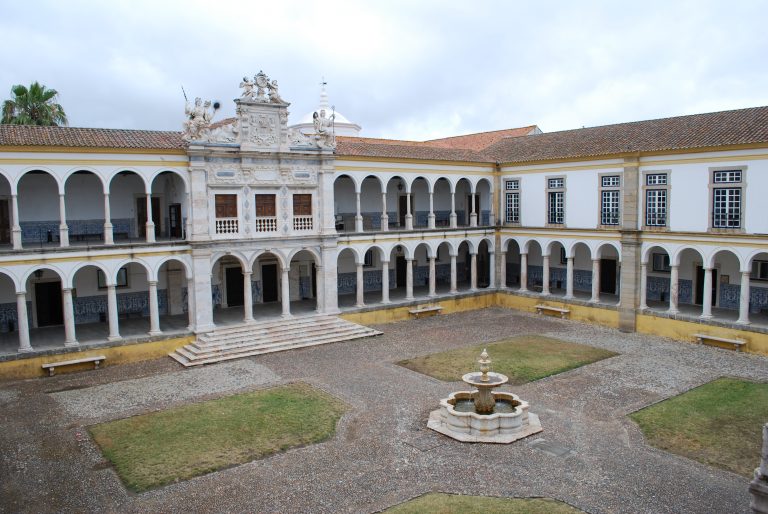
The University of Évora is a public University organized in 5 Schools: Arts; Sciences and Technology; Social Sciences; Health and Human Development; and Nursing. Research and Development (R&D) covers several scientific areas through a network of 18 Research Units, all of them submitted to international evaluation under the coordination of the Institute for Research and Advanced Studies. The University of Évora has established 7 Chairs in areas of excellence (Biodiversity, Renewable Energies, Heritage and Health, LifeSpan, Macau, Iberian studies, EDUWELL), participates in the National Roadmap of Research Infrastructures with areas of agronomy, biodiversity, environment, computer sciences, business studies and entrepreneurship, aerospace engineering, solar energy and heritage. Over the last years the University has fostered a close link with the community. Such interaction has been possible through the creation of working networks, the participation in the Science and Technology Park as well as through the establishment of protocols and co-promotion research projects. The main R&D areas are: Geophysics; Landscaping; Materials and Surface Science; Economics; Social and Political Sciences, History, History of Art, Science and Cultures; Applied Mathematics; Education; Linguistics and Literature; and Elderly Healthcare. The 255 running R&D projects are developed through national and international partnerships such as ERASMUS+, LIFE, H2020, PT2020, Alentejo2020 or private sponsorship.
In Europe the possibility for students to study abroad has been recognized as an essential element of European integration. The Bologna Process aimed at “harmonizing the architecture of the European Higher Education system” by making academic degree standards and quality assurance standards more comparable and compatible even if the member states have diverse systems. That is valid for the integration with international systems as well. The goal of the University of Évora is to ease the exchange process (including course accreditation in home universities) by sharing European educational characteristics to emerging, non-EU countries.
Project Team

Luís Raposo
Coordinator Planning and Quality Assurance Office
Expert on accreditation processes
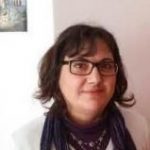
Marina Cordeiro
Coordinator of Mobility Support Office
Expert on mobility programs and international cooperation
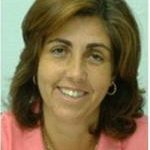
Marta Silvério
Assistant prof of Management department
Expert for Management related programs
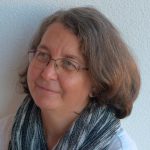
Teresa Gonçalves
Associate Prof. of Computer Science department
Local Coordinator
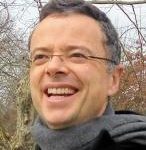
Vitor Nogueira
Assistant Prof of Computer Science department
Expert for CS related programs
